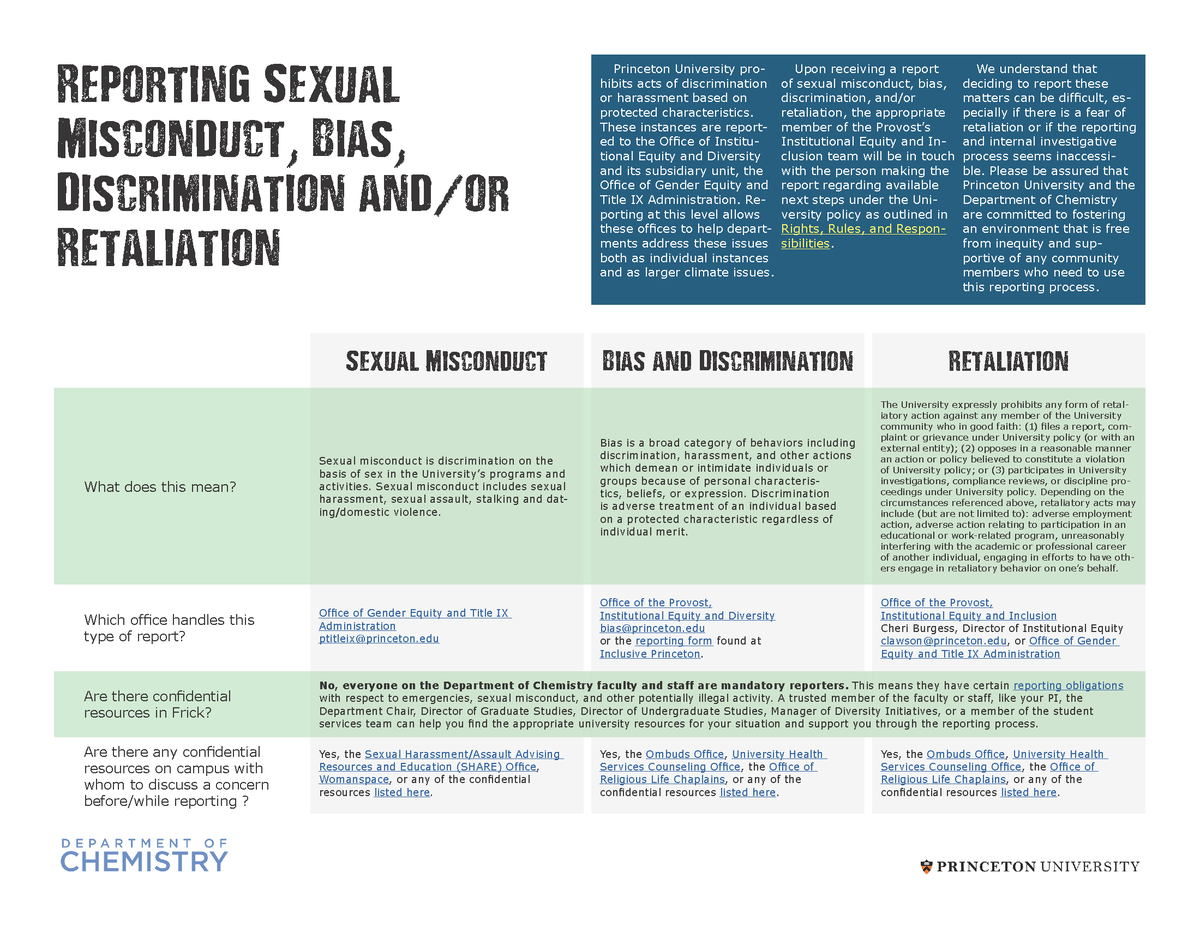Resources and Reporting
Resources
Princeton University has created a series of Accessibility Guides for nearly every building on campus, including both Frick Laboratory and our Ca Fe. You can use the AccessAble general information here to review all the campus guides, or just refer to those related to Princeton Chemistry. For the guide to accessibility at Frick Laboratory, click here. For the guide to the Ca Fe, click here.
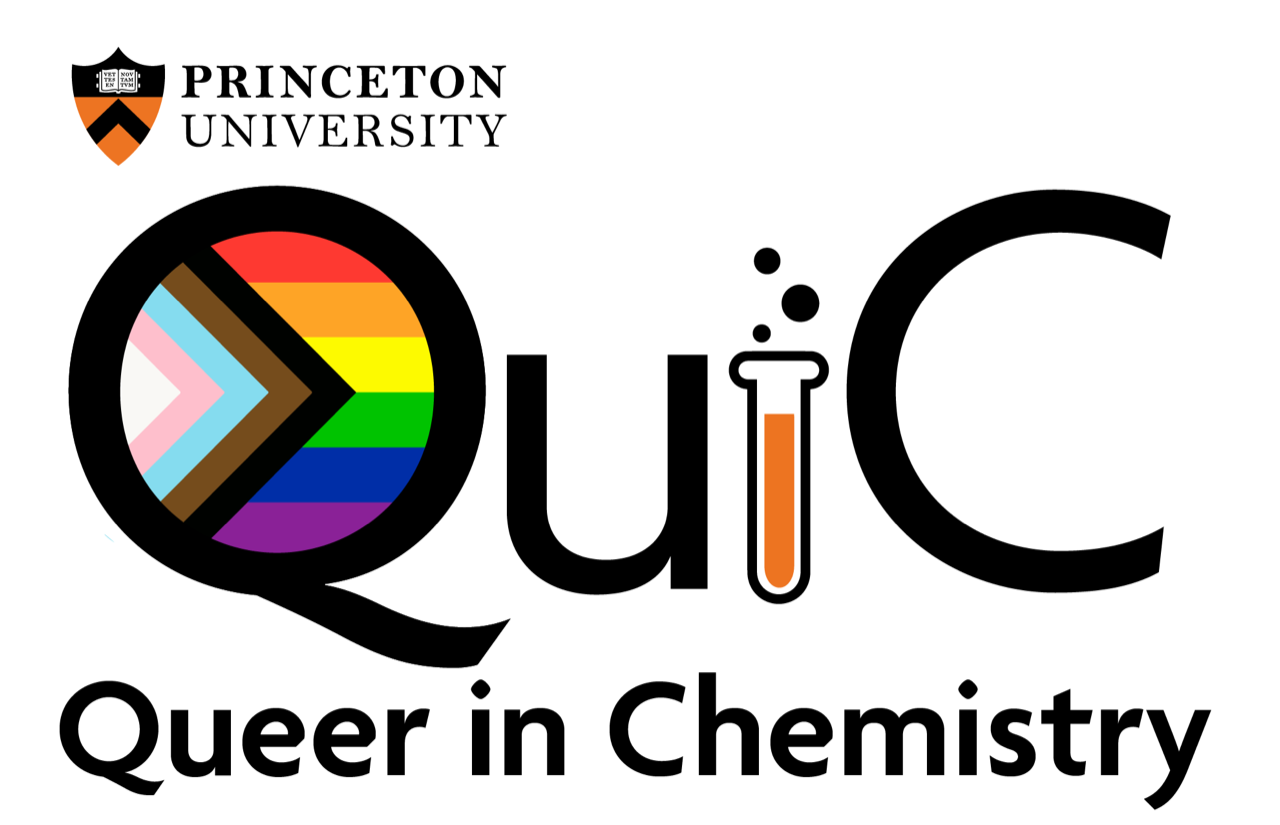 QuiC (Queer In Chemistry) is a departmental organization supporting the LGBTQIA+ and allied communities within Princeton Chemistry. The group offers social events such as game nights; professional development events, such as queer-focused research symposia; and networking opportunities, such as seminars with queer-identified chemists. Those interested in QuiC can sign up for the group’s mailing list to stay informed about upcoming events and announcements. QuiC is open to all members of our community regardless of race, nationality, religious affiliation, gender identity, sexual orientation, age, socioeconomic status, and disability status.
QuiC (Queer In Chemistry) is a departmental organization supporting the LGBTQIA+ and allied communities within Princeton Chemistry. The group offers social events such as game nights; professional development events, such as queer-focused research symposia; and networking opportunities, such as seminars with queer-identified chemists. Those interested in QuiC can sign up for the group’s mailing list to stay informed about upcoming events and announcements. QuiC is open to all members of our community regardless of race, nationality, religious affiliation, gender identity, sexual orientation, age, socioeconomic status, and disability status.
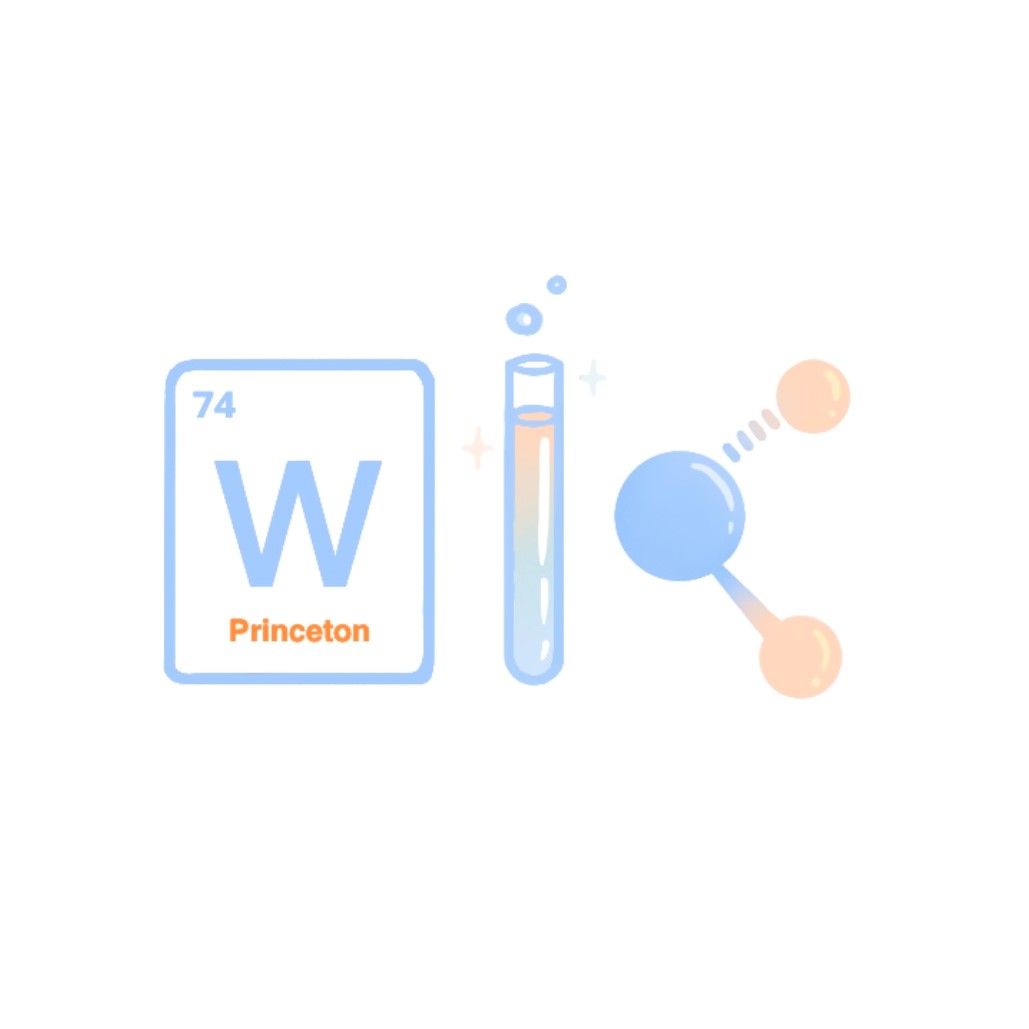 Princeton Women in Chemistry (WiC) is a social and professional network of graduate students, postdoctoral fellows, staff, and faculty dedicated to supporting and promoting women in chemistry. Through monthly socials, discussions with female faculty and visiting speakers, topical meetings, professional development, and other events, WiC fosters community among and strengthens the support system between women in chemistry. PrincetonWIC is open to all members of our community regardless of race, nationality, religious affiliation, gender identity, sexual orientation, age, socioeconomic status, and disability status..
Princeton Women in Chemistry (WiC) is a social and professional network of graduate students, postdoctoral fellows, staff, and faculty dedicated to supporting and promoting women in chemistry. Through monthly socials, discussions with female faculty and visiting speakers, topical meetings, professional development, and other events, WiC fosters community among and strengthens the support system between women in chemistry. PrincetonWIC is open to all members of our community regardless of race, nationality, religious affiliation, gender identity, sexual orientation, age, socioeconomic status, and disability status..
Tigers with Cubs – A group of Princeton University graduate students and postdocs with or expecting children.
Access, Diversity & Inclusion at The Graduate School – A source of support and information for those of diverse nationality, religion, gender, race/ethnicity, sexual orientation, ability, political viewpoint, socioeconomic status, veteran status, and all interested students.
Recruitment and Outreach – An overview of where the diversity and inclusion team will be recruiting throughout the year.
Student Resources – Information on the available resources for current students and a complete listing of seminars, symposia and other events that explore topics relevant to academic success, work/life balance, families at Princeton, professional development, and more.
Student Affinity Groups – Contacts for student groups that support and serve underrepresented minorities in graduate school. These are open to all students.
 The Office of Diversity and Inclusion-Campus Life is committed to supporting and challenging all undergraduate and graduate students. They serve the campus community through education, advising and training, and university-wide programming. They envision a Princeton University culture that affirms and supports the identities, backgrounds, experiences, and perspectives of all students.
The Office of Diversity and Inclusion-Campus Life is committed to supporting and challenging all undergraduate and graduate students. They serve the campus community through education, advising and training, and university-wide programming. They envision a Princeton University culture that affirms and supports the identities, backgrounds, experiences, and perspectives of all students.
Office of Disability Services – Facilitates accommodation of students and other campus members with disabilities.
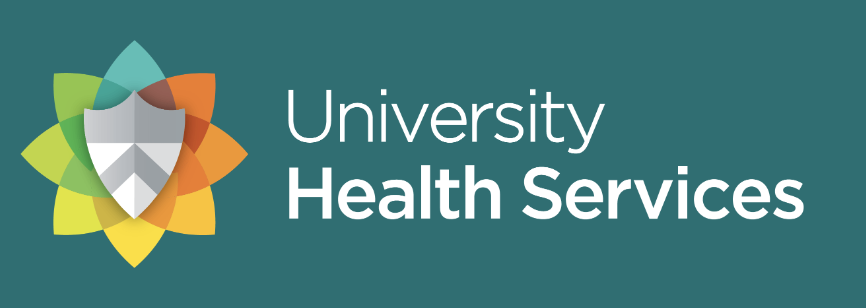 Princeton University Health Services, McCosh Health Center – This fully accredited health care facility provides quality medical, mental health, and wellness services to Princeton community members and their dependents. The multidisciplinary clinical staff are available 24 hours a day, seven days a week during the academic year. The Health Promotion and Prevention Services are normally provided at McCosh but are currently provided remotely, via video conferencing. The Counseling & Psychological Services are available at no cost to currently enrolled students and their dependents.
Princeton University Health Services, McCosh Health Center – This fully accredited health care facility provides quality medical, mental health, and wellness services to Princeton community members and their dependents. The multidisciplinary clinical staff are available 24 hours a day, seven days a week during the academic year. The Health Promotion and Prevention Services are normally provided at McCosh but are currently provided remotely, via video conferencing. The Counseling & Psychological Services are available at no cost to currently enrolled students and their dependents.
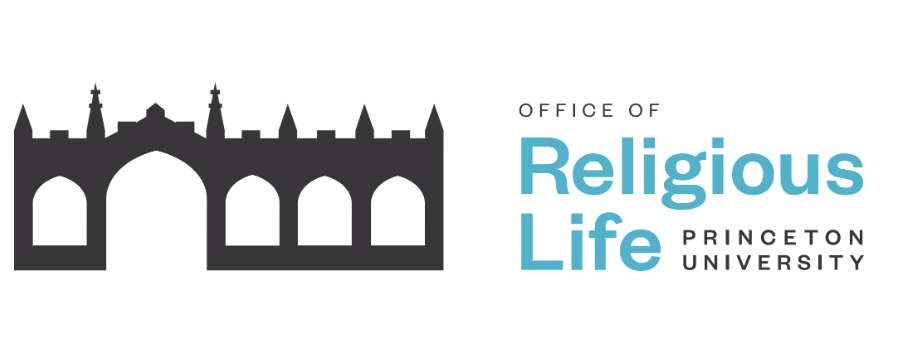 Office of Religious Life – A resource for questioning, individual counseling, discussions in classrooms or broader public settings, and other kinds of partnerships, this Office seeks to engender the broadest kinds of exploration of religion, ethics, public policy, and community well-being.
Office of Religious Life – A resource for questioning, individual counseling, discussions in classrooms or broader public settings, and other kinds of partnerships, this Office seeks to engender the broadest kinds of exploration of religion, ethics, public policy, and community well-being.
Rules, Rights, and Responsibilities – A concise reference and guide for all members of the Princeton University community. Included here are brief statements of University policies most likely to be applicable to and of interest to all University constituencies.
Sexual Misconduct and Title IX – An overview of the University’s comprehensive program designed to protect members of the University community from discrimination on the basis of sex or gender, which includes sexual misconduct such as sexual harassment and sexual assault, stalking, and intimate partner violence.
Reporting
Click the image above for a PDF of the same information.
How to File a Discrimination/Harassment Complaint…
Princeton University is committed to equal opportunity and non-discrimination. To maximize excellence, we seek talent from all segments of American society and the world, and we take steps to ensure everyone at Princeton can thrive while they are here. That is the sole rationale and purpose of our diversity and inclusion programs, all of which are voluntary and open to all, and which comply with federal and state non-discrimination laws. Princeton does not discriminate on the basis of race, sex, ethnicity, color, national origin, religion, disability, or any other protected characteristic, and Princeton does not provide special benefits or preferential treatment on the basis of a protected characteristic.

